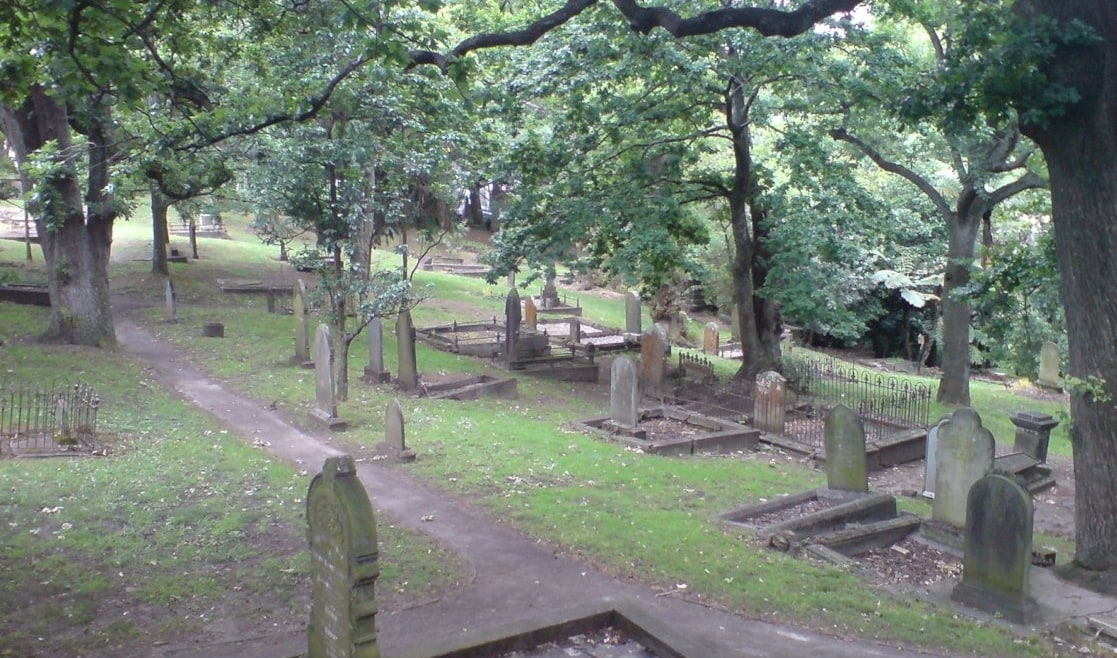Funeral Loans & Finance
The loss of someone is typically sudden, emotional and often ends up being expensive.
At such a difficult time, the last thing the family left behind needs to be doing is worrying about funeral expenses. Funerals have a variety of expenses like a casket, that actual burial or cremation, family flights, catering and more. We’ve posted a Consumer Magazine article below that may guide you to help to reduce some of the costs involved.
With Funeral Loans from Auckland Loans, we can help you during such a sad time. We’ll process your application within hours and arrange payment directly to you to cover the costs.
Apply online in less than five minutes.
Dying can be an expensive business. On average, the cost of a funeral is about $10,000. But you can find yourself facing double that. A sizeable chunk of a funeral bill is likely to be “professional services”. This is a catch-all fee charged by funeral directors that can include anything from filing paperwork to using the funeral home itself.
Other big items typically include burial plot fees and the cost of the coffin. Embalming, memorial programmes, hearse hire, catering and flowers also add to the price.
Choose what’s right for you with confidence
Join today and get instant access to all test results and research.
Most of us turn to a funeral director to sort out arrangements for a relative’s final farewell. Professional assistance can be helpful but you can minimise costs by taking on some tasks yourself. It’s up to you how involved you want a funeral director to be, if at all. There’s no legal requirement to use one.
Burial vs cremation costs
Whether you opt for burial or cremation will have a significant impact on price. If the “six feet under” approach appeals, you will need to pay for a burial plot, memorial markers and the process of interring the body. Local councils are responsible for setting plot prices. Depending on the area, the price can range from $657 (central Hawke’s Bay) to $6613 (North Shore Memorial Park, Auckland).
Unless you’re burying the body on private land – and permission for this can be hard to get – you’ll also need to pay an interment fee. Many councils publish costs online for interment at their cemeteries. Fees range from $319 (Taupo) to $1860 (Auckland).
Cremation is usually cheaper than burial. If you’re using a council-owned crematorium, you’ll pay between $525 and $900. Privately owned crematoria can be more expensive, with services costing between $700 and $1100.
Ways to cut costs
You can’t avoid burial and cremation costs. But you have more choice when it comes to other aspects of a funeral.
Coffins and urns: Options range from a simple cardboard coffin (from $350) to a bespoke upholstered model ($5000). If you’re burying the body, you can also wrap it in a shroud instead of using a coffin. A body must be in a coffin when cremated. An urn for storing the ashes can cost up to $500. But you can use any type of container. Most crematoria will provide a basic option. If the body’s being cremated, pacemakers and metal implants must be removed. The intense heat of cremation can cause a pacemaker to explode, while metal implants don’t burn down to ash. Some crematoria can assist you in donating metal joints so they can be recycled.
Embalming: On average it costs between $500 and $800 but there’s no legal requirement for embalming. You may want to consider it if there’s a long delay between the death and the funeral or for open-casket viewings. Embalming isn’t permitted at “natural” cemeteries because it uses hazardous substances, such as formaldehyde and paraformaldehyde, to preserve the body.
Ceremonies: It’s common practice to have a funeral ceremony but it’s not mandatory. If you chose a ceremony, you can use any venue from a church hall to a community centre or your own home. You can also forego the ceremony.
Transport: If you’re transporting a body, you don’t have to pay for a hearse. It’s possible to use other vehicles but the body must be in a coffin or equivalent and you must ensure there’s no leakage, as this is a health hazard. You must also make every effort to preserve the dignity of the deceased.
Alternative resting places
For those seeking a final resting place beyond the traditional, there are options.
You can be buried at sea. You need to apply to the Environmental Protection Authority. There are 5 offshore sites for sea burial in the New Zealand-exclusive economic zone. The permission process usually costs between $200 and $300.
Another option is a “natural” burial. Natural cemeteries are planted with trees which grow to create a park. Plots can be more expensive than a standard interment (at Makara Cemetery in Wellington, it costs $1287 for a natural plot vs $935 for a standard plot). Only a handful of councils offer natural burial sites. To find out about your options, contact your local council.
The DIY approach
You can handle the entire funeral process yourself and potentially save costs.
The “person in charge of disposal” of a body has several legal obligations dealing with dignity, classification and hygiene of the deceased.
- You must get a medical certificate of cause of death (HP4720) or a medical certificate of causes of foetal and neonatal death (HP4721).
- If you transfer the body from the place of death you will also need to fill out a transfer of charge of body form (BDM39).
- If you have chosen to cremate the body, you need a certificate of medical practitioner, a permission to cremate form and an application for cremation form.
- You must register the death with Births, Deaths and Marriages within three days of the cremation or burial of the body. You will need a notification of death for registration form (BDM28)
- A death certificate can be obtained from Births, Deaths and Marriages New Zealand. There is a $33 fee.
Cost confusion
Finding out what it will cost for your final send-off is harder than it should be. Many funeral companies don’t publish prices for their services. Some may only provide estimates before the event itself.
In 2015, the Law Commission recommended legislation requiring companies to publish price lists and provide itemised costs to consumers before services were delivered. It also recommended regulating funeral directors. While there’s a qualification available – a Diploma in Funeral Directing – having one isn’t compulsory, though it is required for membership of the Funeral Directors Association of New Zealand, the largest industry group. However, legislation to fix the problems identified by the commission is yet to be introduced.
Financial assistance
There are avenues for financial assistance when someone dies. Work and Income New Zealand offers a grant (up to $2030) for deceased people on low incomes (below $29,000 for single people; figures differ for people in relationships or with children). This money can only be spent on the most necessary parts of the funeral (for example, funeral director’s fees, body disposal and burial plots).
If someone dies as a result of an incident covered by ACC, the family can receive up to $6021. Families of murder or manslaughter victims can receive up to $10,000 for funeral or memorial costs.
Our advice
The funeral business is a business like any other. If you’re using a funeral director, ask for an itemised list of services and costs before signing a contract. Don’t feel pressured to accept an option with which you’re not comfortable.
Remember, if a price is referred to as an estimate, it can be increased. But it’s worth challenging an account that is more than 20% above an estimate. Funeral companies also need to be upfront about whether the price is inclusive or exclusive of GST.
Article by Robert Kelly








